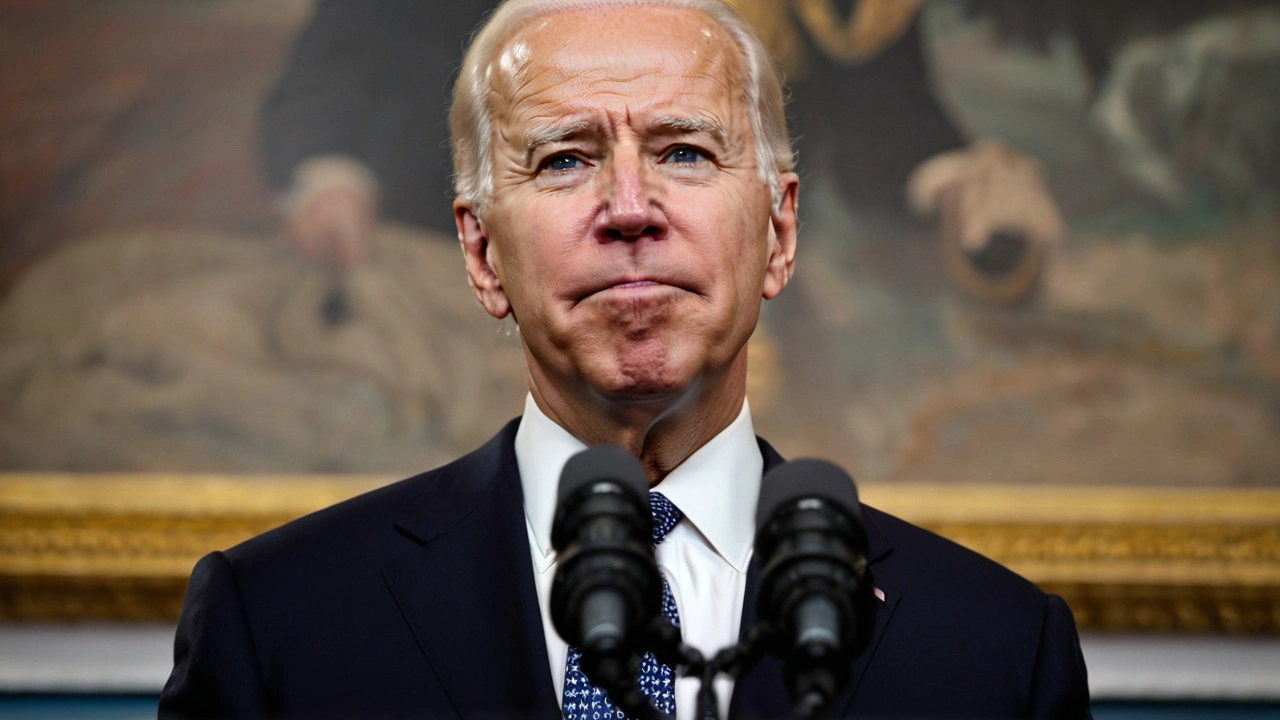Age in Politics – Why Generations Matter for Leaders and Policies
Ever wonder why some voters cheer a fresh face while others stick with a veteran? The answer often lies in age. Age affects how politicians see problems, communicate with people, and decide on solutions. In the last decade we’ve seen a wave of younger candidates challenging long‑standing incumbents, and at the same time older leaders defending their track records.
First off, younger politicians usually bring new energy and tech‑savvy ideas to the table. Think of leaders who grew up with smartphones – they know how to use social media to rally support and push transparency. That digital fluency helps them connect with voters who spend most of their day online. It also means they’re more likely to champion issues like climate action, student debt relief, and modern job training.
On the flip side, seasoned politicians bring a depth of experience you don’t get overnight. Decades in office mean they’ve navigated crises, negotiated deals, and understand how government machinery works. Voters who value stability often prefer these “battle‑tested” leaders because they trust their judgment during tough times.
How Age Influences Voting Patterns
Data shows younger voters (18‑35) tend to favor candidates under 45, while older voters (55+) lean toward those over 60. This split isn’t just about age; it reflects different life priorities. Young adults care more about education costs, housing affordability, and climate policy, whereas seniors often focus on healthcare, pensions, and security.
Campaigns now tailor messages to match these concerns. A candidate targeting millennials might highlight job creation in green tech, while one courting retirees may stress protecting social safety nets. Understanding the age‑based voter divide can be a game‑changer for any campaign.
Real‑World Examples of Age Shifts
Look at the 2024 elections in several African nations – we saw a surge of leaders under 40 challenging long‑standing presidents. Their platforms were built around digital transformation and anti‑corruption pledges, resonating with a youthful electorate hungry for change.
Meanwhile, countries like Japan continue to elect senior politicians who steer foreign policy with seasoned insight. Their experience helps navigate complex diplomatic waters that newer leaders might struggle with.
The takeaway? Age isn’t just a number; it shapes the lens through which leaders view problems and craft solutions. A balanced political landscape needs both fresh perspectives and seasoned wisdom.
So, what should voters keep in mind? Ask yourself: Does this candidate’s age align with the issues I care about? Are they open to new ideas or do they rely on proven methods? And for aspiring politicians – think about how your own generational experiences can add value to public service.
In short, the debate over age in politics isn’t about youth versus old age; it’s about blending energy with experience to create policies that work for everyone. Whether you’re a first‑time voter or a lifelong activist, understanding this dynamic will help you make smarter choices at the ballot box.

Joe Biden's Age Sparks Debate: U.S. Concerns Contrast with Malaysian Political Culture
Jul 22, 2024 / 11 Comments
While Joe Biden's age is a major concern for U.S. voters as he prepares for the 2024 presidential campaign, Malaysians are more focused on a politician's policies and capabilities. In Malaysia, leaders often serve well into their later years, with figures like Mahathir Mohamad leading at age 92. The contrast highlights the differing priorities between American and Malaysian electoral cultures.
READ MORERECENT POSTS
- Man United’s Decision on Erik ten Hag Expected Soon Amid Ongoing Managerial Speculations
- Curaçao Makes History with First-Ever World Cup Qualification After 0-0 Draw in Jamaica
- Lionel Messi's Emotional Birthday Message: Celebrating with Family Memories from Barcelona to Inter Miami
- Saudi Pro League's Grand Trophy Ceremony at Al Hilal's Prestigious Kingdom Arena
- Expanded Champions League Promises to Revolutionize European Club Football
